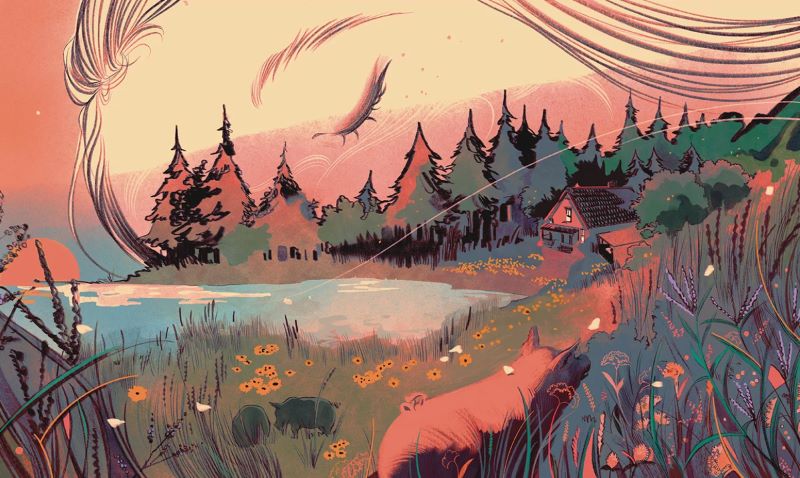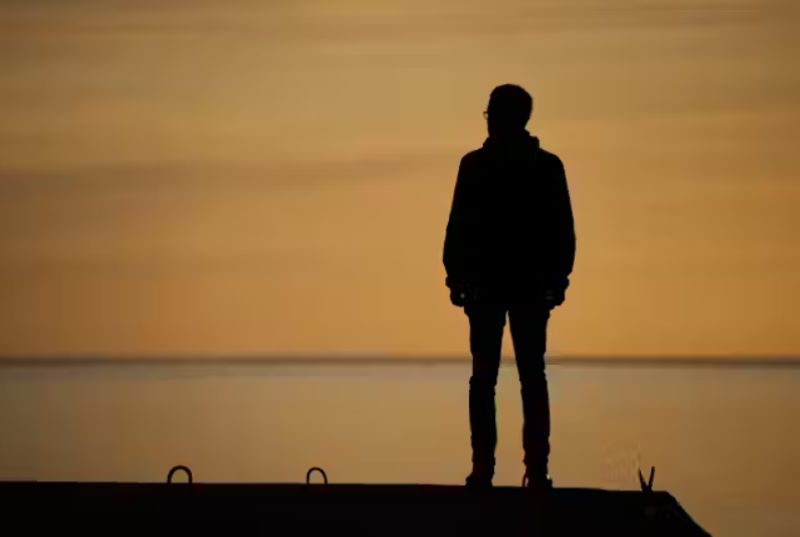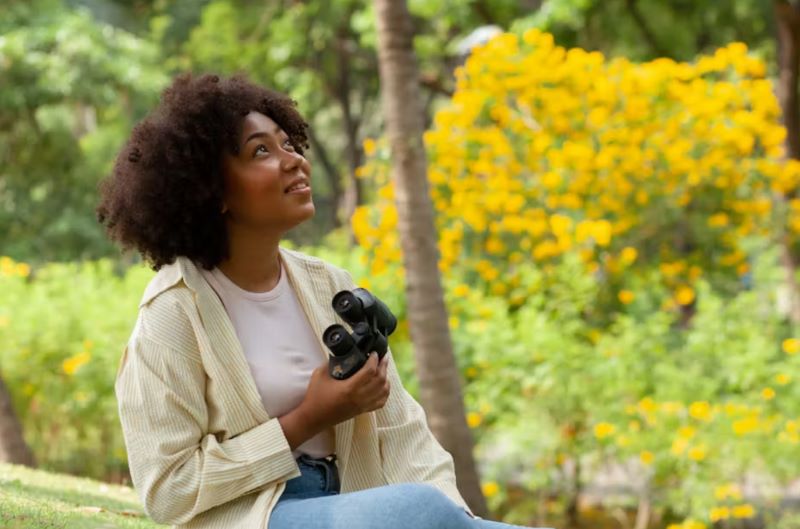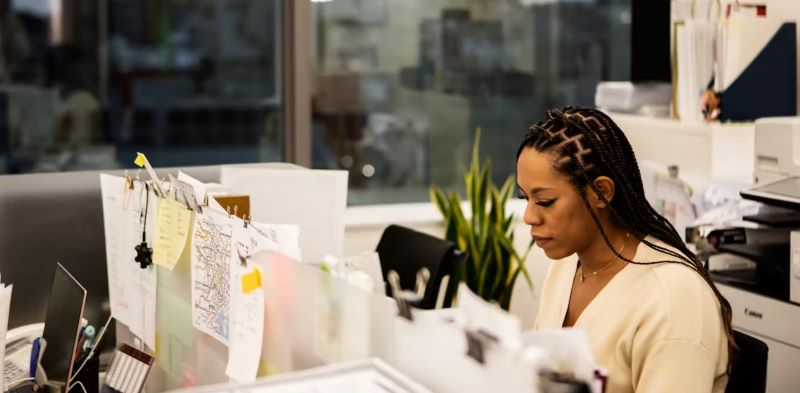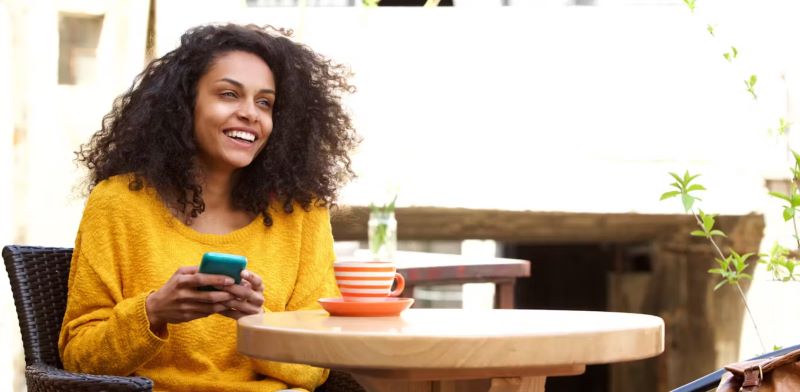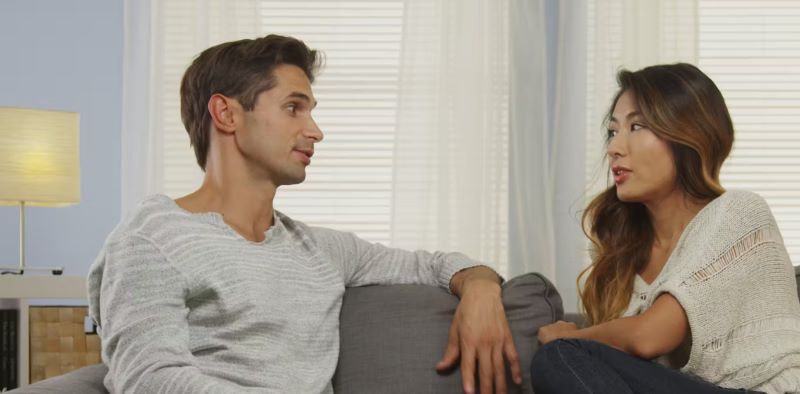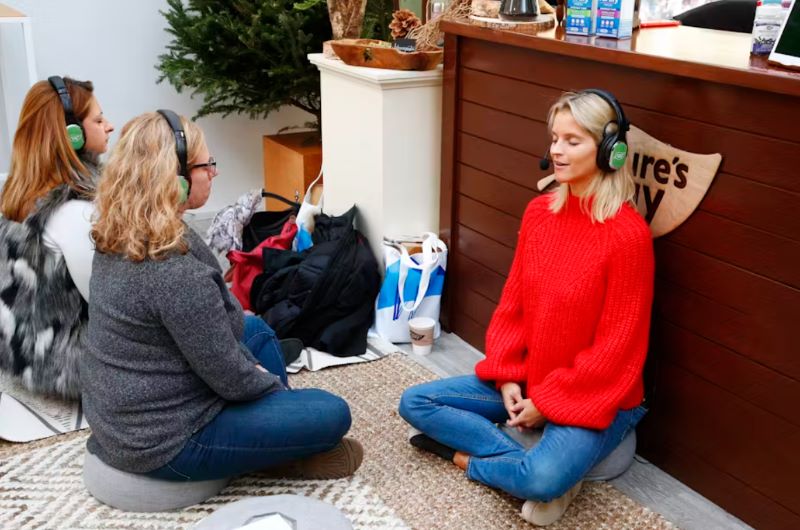
When Iqra Choudhry’s dad died, she lost her words. Overwhelmed with grief, she realised how unable and unwilling we often are to discuss death. Here, Iqra explains how finding a way to talk and write about loss has been essential for surviving it.

By Iqra Choudhry
Editor and Writer

Nan Carreira
Artist
I loved to write stories as a child. Without realising why, I would find myself writing about my life. From the age of 13, I wrote down the things I couldn’t say out loud, and it always helped. Without writing my way through the things that have happened to me, I don’t think I could have processed them. I use writing to untangle the mess of my feelings.
I think I’ve always written to survive.
Grief is a part of every life. It’s inevitable. According to Let’s Talk About Loss, a charity that supports young people with their grieving experiences, over three-quarters of people aged between 18 and 35 have experienced bereavement. The fact that we don’t have the tools to talk about loss as a culture is a huge problem.
Before my dad died, I thought about grief in an abstract way. When he mentioned losing his own dad aged 17, I remember thinking quite clearly: Oh, that sounds awful. I can’t imagine how awful. It must have been hard for him.
But I didn’t have any reference points for grief. I didn’t understand what it did to you. I had no clue how it had shaped him as a person. I just listened, nodded in what I hoped was a sympathetic way, and didn’t think about it – until I found myself in those same shoes several years later.
My dad died when I was 20. It’s not something you can describe with tidy similes or neat sentences. Language fails to convey what loss does. For years, I’ve hated the words we use: I lost my dad, as if I had misplaced him, and might find him again if I just racked my brains hard enough. Or he passed away, as if the most vibrant person you’ve ever known could just fade out of existence. No.
The worst thing about Dad’s death wasn’t the fact that I was there in his final moments, or the hellish hurricane of mourners that filled our home afterwards; it wasn’t even the endless paperwork that demanded my attention in the month that followed his passing. The worst thing was that I lost my words.
I would pull out my journal and try to make sense of what had happened. I would start to write down the events of the day he died, and my pen would stop of its own accord. I would attempt to describe the way I felt, but I was just so numb.
How could I put down in words the experience of what I imagined it would feel like to have your heart ripped out? And then to find that, as you stared down at the mess of your chest cavity, you’d be expected to take a couple of days and get back to your daily life as if nothing had changed? As if there wasn’t a glaring wound that couldn’t possibly heal, right there?
It’s taken me seven years to come up with this approximation of how it felt, and I still feel as though these words fall short.

Suppressing the pain of my loss
I wasn’t just dealing with the loss, though. I was also struggling with my guilt. I wondered if I could have saved him. I wondered if, in an alternative version of that day, he came home from the hospital after the heart attack that ended his life. It was illogical, but I felt it all the same. I believe, as all Muslims do, that our lives are predestined, but even so, there was a voice in the back of my head that told me otherwise.
Studies have found that guilt is a common grief response, but it was isolating. It was eating me up, and I couldn’t write about it, let alone mention it to anyone else.
Maybe it was a mix of working-class grit and not wanting to talk about the hard things in my life unless I could make light of them. Maybe it was being the daughter of Pakistani immigrants who had taught me, subconsciously, that the best way to deal with pain was to suppress it.
Most people didn’t understand, and I found myself seeking out friends and family who could talk about grief. As time went on, and friends also lost parents, we shared very different experiences of grief, but in our loss, we found a commonality that united us. We understood each other in a new way, whether we wanted to or not. To lose someone meant to gain an understanding of one of the harsher realities of life.
I started to meet strangers at Death Cafés who I could listen to and learn from. We would gather to drink tea, eat cake, and talk about death. A mix of people attended, including those who were starting to think about putting their affairs in order and facing their own mortality, and others who had experienced loss. It was refreshing to leave the stigma at the door, but I was saddened by the fact that I was the only young person there.
I didn’t have my own words then, so I needed to find the words of others.
Eventually, with time, came the words that had been evading me for so long. I have never talked through the events of the day with another person because I can’t do it without getting choked up. But I’ve written and written. I’ve written poetry. I’ve written articles. I’ve written essays and short stories, and I’m working on a novel.
It took months before I could write again. It’s taken years to find better words, and I feel as though I’ll be writing for decades more to try and find the right ones. Maybe I’ll never find them. But by writing my way through my grief, I am surviving it.
Originally published by Wellcome Collection, 03.09.2022, under the terms of Creative Commons Attribution 4.0 International license.

